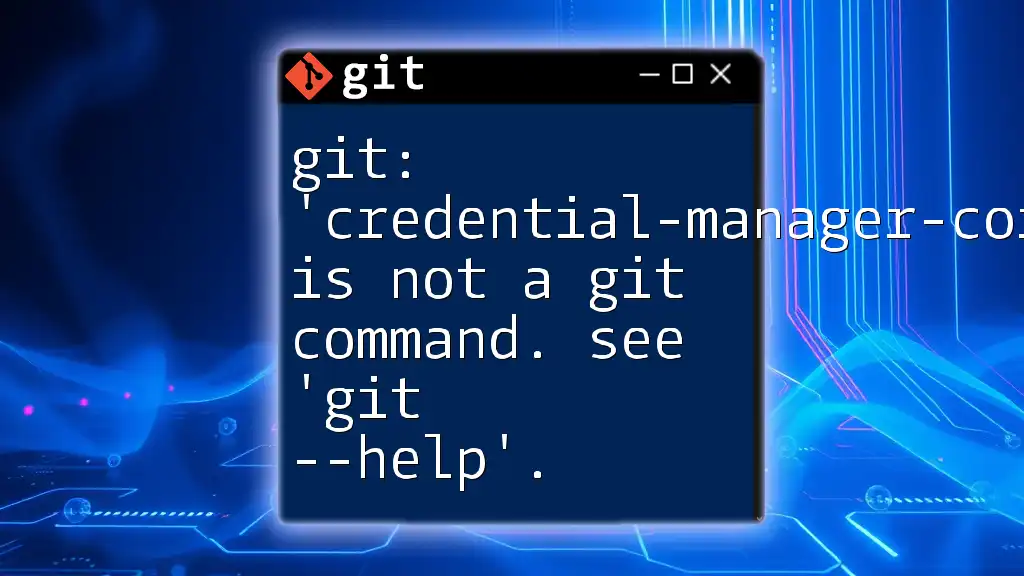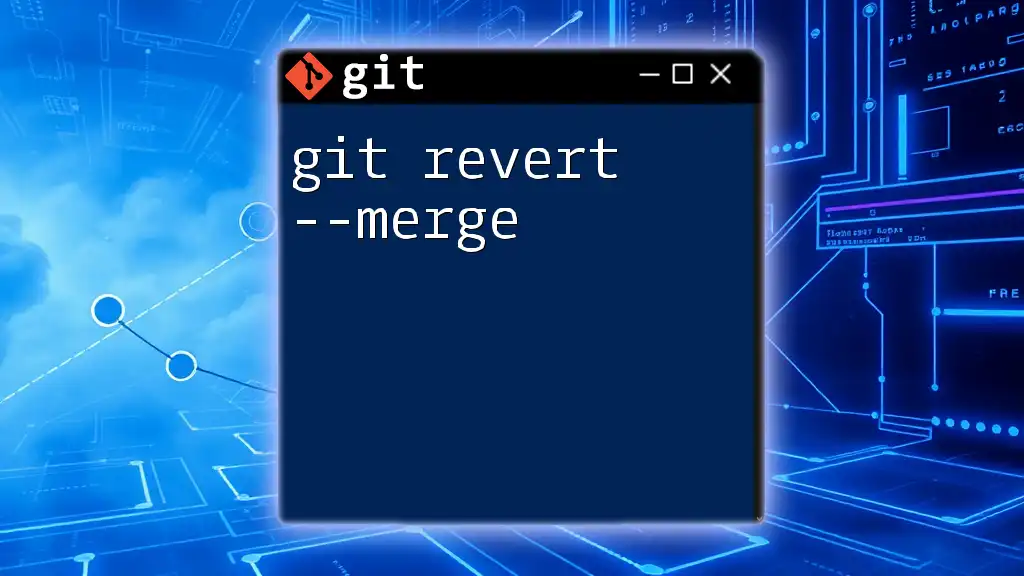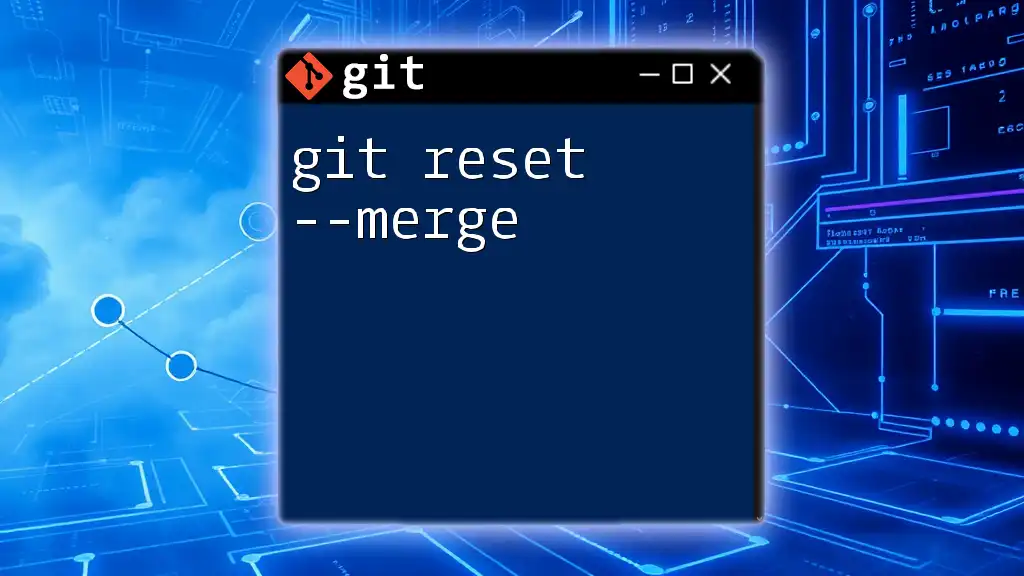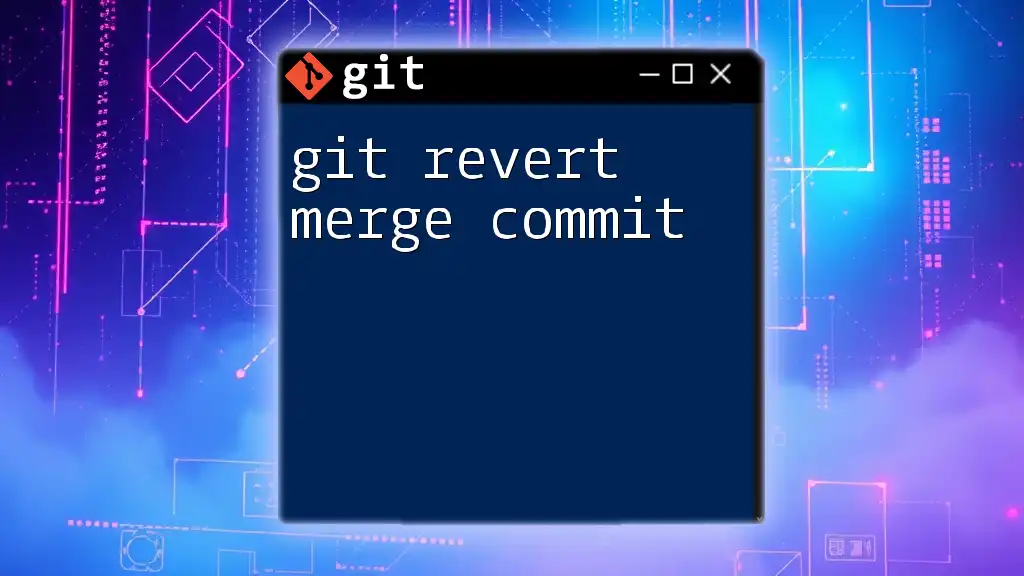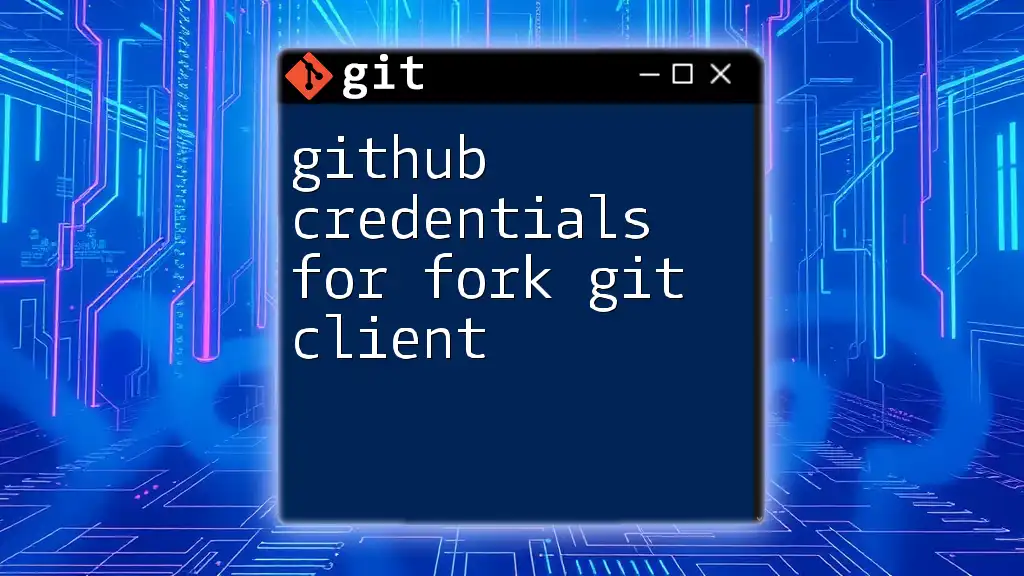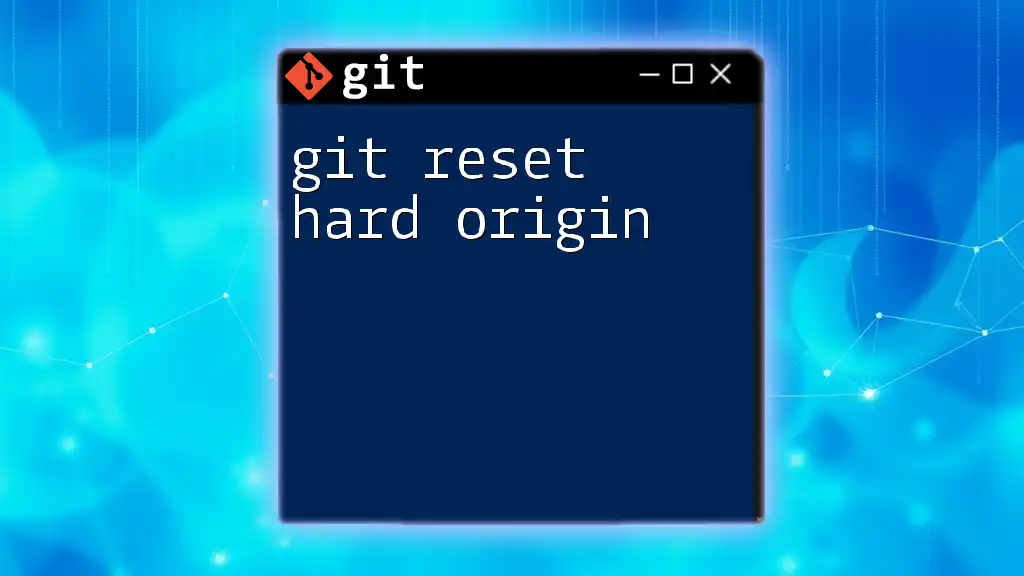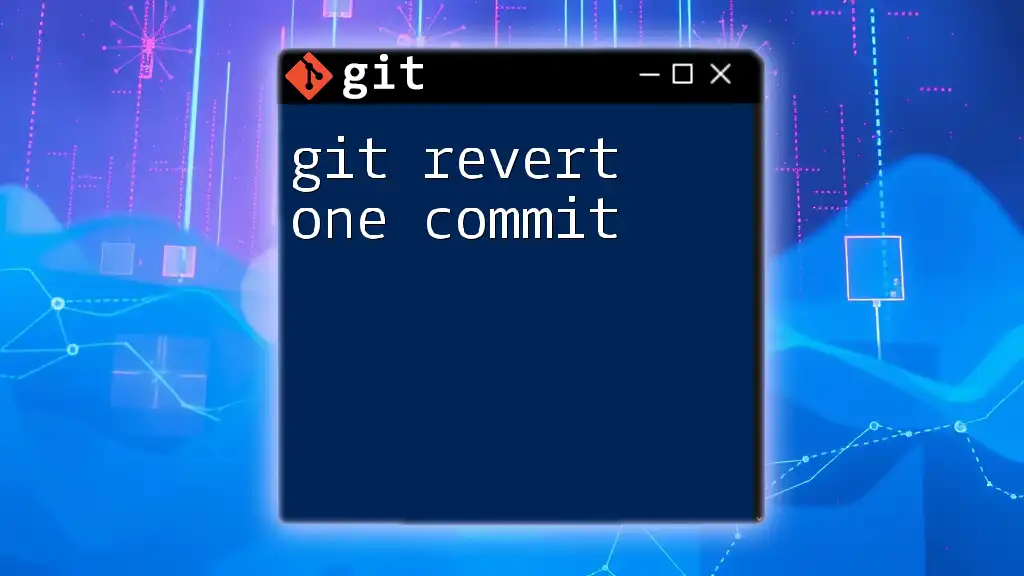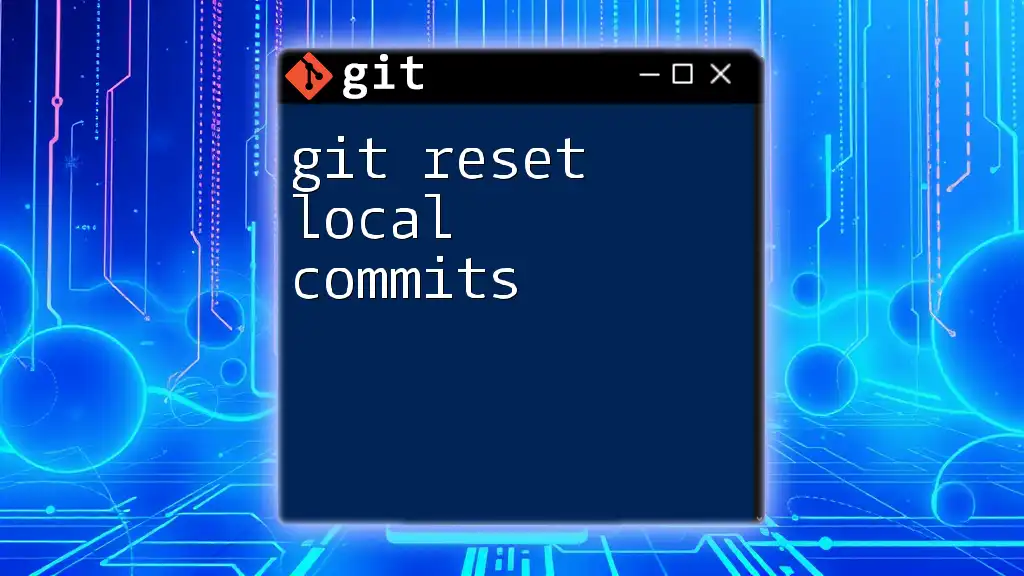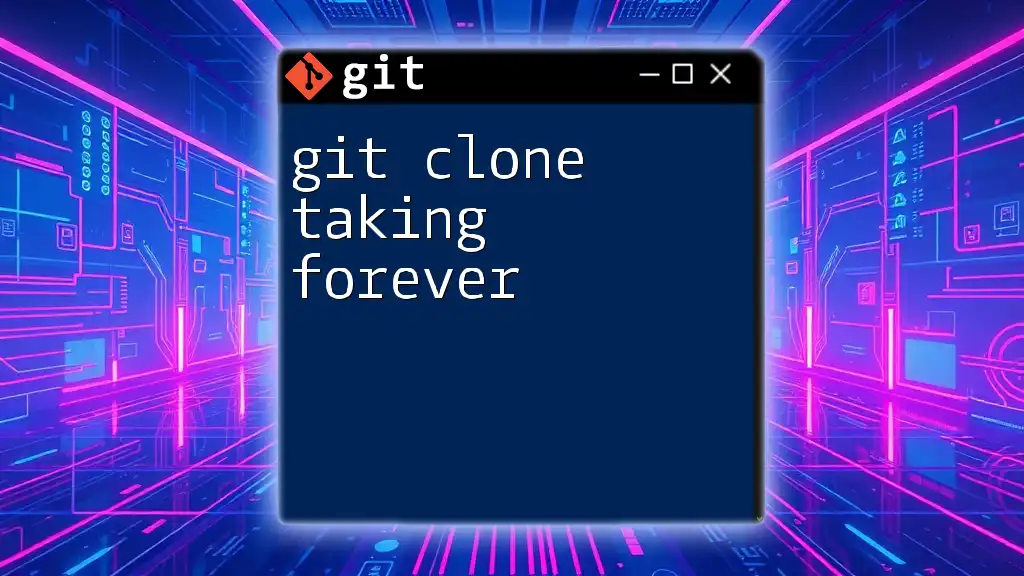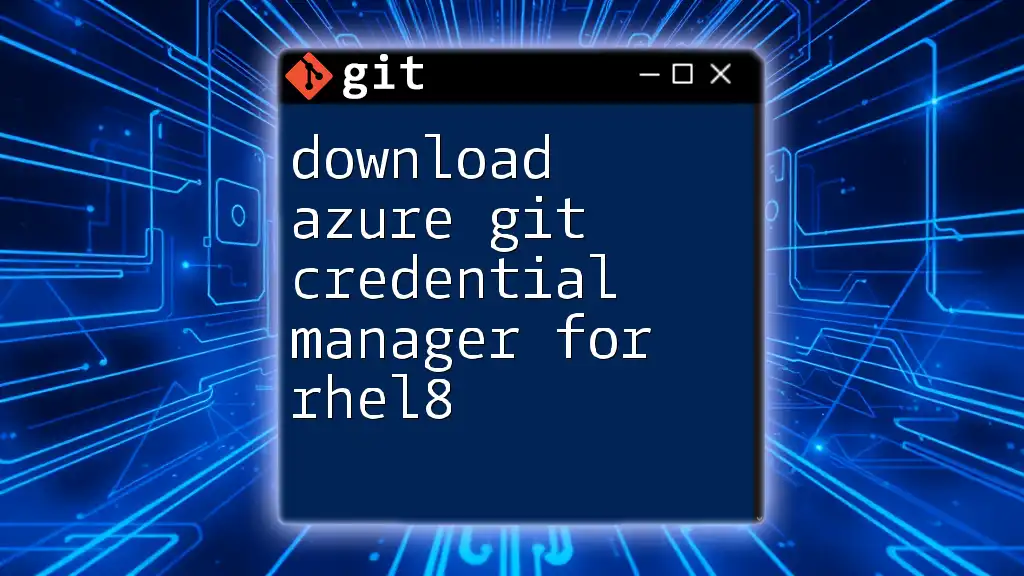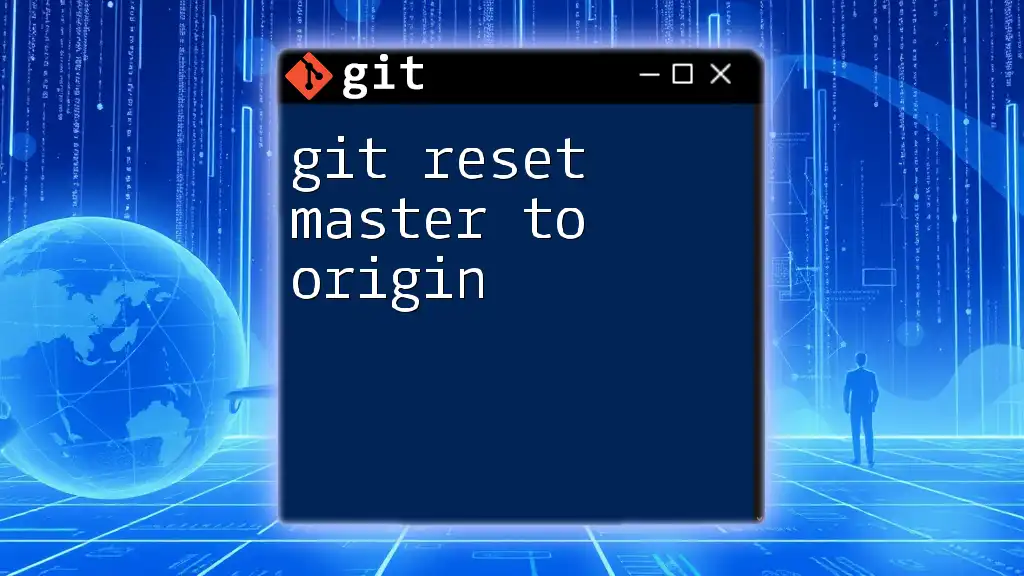The error message "git: 'credential-manager-core' is not a git command. see 'git --help'" indicates that Git does not recognize 'credential-manager-core' as a valid command, likely due to incorrect installation or misconfiguration of the Git credential manager.
git credential-manager-core --version
What is Git Credential Manager Core?
Git Credential Manager Core (GCM Core) is a tool designed to simplify the management of credentials when working with Git repositories. By securely storing and retrieving credentials, GCM Core allows developers to avoid frequent prompts for username and password when interacting with remote repositories. This enhances both usability and security for developers, providing a smooth user experience while managing code across different platforms.
Difference Between GCM and Traditional Credential Methods
Traditional methods for managing Git credentials often involve storing them in plaintext files, like the `.git-credentials` file. This method can expose sensitive information, making it risky, especially if the file is inadvertently shared or accessed. In contrast, GCM Core uses advanced techniques to securely encrypt credentials, ensuring that your access tokens or passwords are safe from unauthorized access.
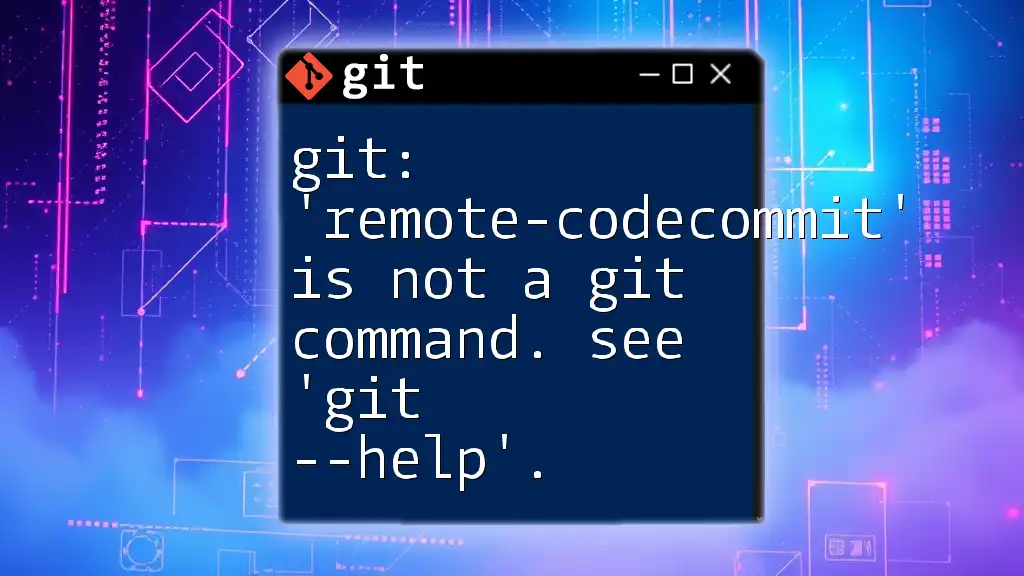
Common Causes of the Error
Incorrect Command Usage
A common reason for the error message "git: 'credential-manager-core' is not a git command. See 'git --help'.” is an attempt to execute an incorrect command syntax. Git has a specific set of commands, and using an unrecognized command results in this error. For example, if you mistakenly type:
git credential-manager-core
Instead of the correct command invoking GCM functionalities, such as:
git credential-manager-core configure
This misstep triggers the error because "credential-manager-core" is not recognized as a standalone Git command.
Git Credential Manager Not Installed
If the Git Credential Manager Core is not installed on your machine, you will encounter this error when trying to use GCM commands.
Installation Overview
To verify if GCM Core is installed, you can run a Git command that employs credential management. If you receive the aforementioned error, it’s likely that you need to install it.
Installing Git Credential Manager Core
Installation differs by operating systems. Here’s how you can install GCM Core:
For Windows:
winget install GitCredentialManager
For macOS:
brew tap git-tools/git-credential-manager
brew install git-credential-manager-core
For Linux:
You can follow the instructions available in your distribution's package manager or clone the repository and build it from source.
Version Mismatch
Using an outdated version of Git might also lead to this error. For instance, older versions may not support the latest features of GCM Core.
Checking Git Version
To check your Git version, run:
git --version
Make sure it meets the GCM Core requirements.
Ensuring Compatibility
Updating Git can typically be done with the following commands:
Updating Git on Windows using Chocolatey:
choco upgrade git
Updating Git on macOS using Homebrew:
brew update
brew upgrade git
Regularly updating Git ensures improved compatibility and enhanced features.
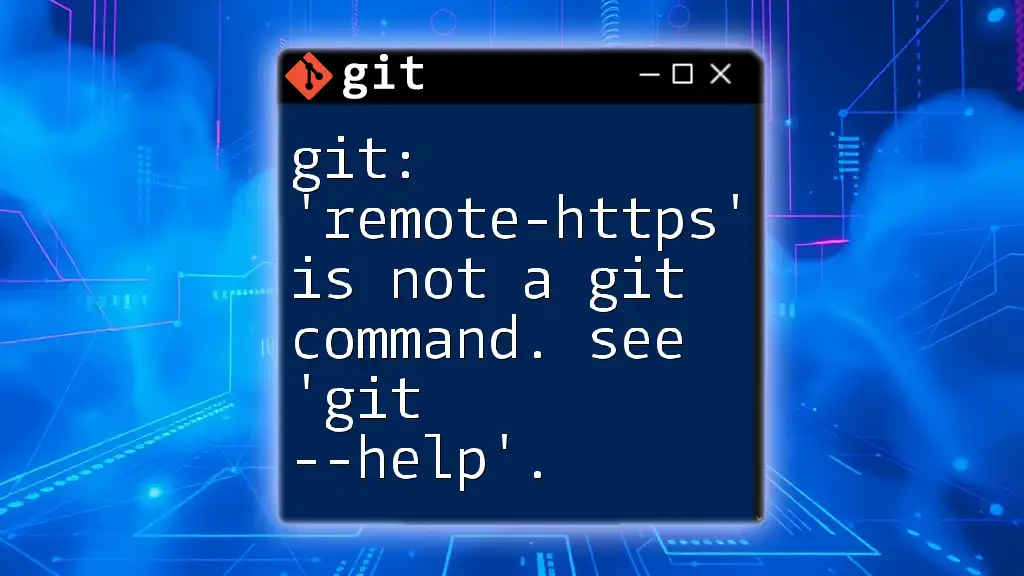
Troubleshooting the Error
Verifying Git Configuration
Another vital step in resolving this issue is checking your Git configuration settings. You can view your current Git settings with:
git config --list
Review these settings to ensure that the credential manager is configured correctly, especially looking for entries related to `credential.helper` and ensuring they point to `manager-core`.
Using the Help Command
The `git --help` command can be beneficial in troubleshooting issues:
git --help
This command displays a list of available commands and usage details, helping you identify if the GCM commands are correctly set up in your Git configuration.
Checking PATH Environment Variable
Your PATH environment variable dictates which programs your system can access from the terminal. If the Git installation or Credential Manager is not included in the PATH, it may generate the error message you encountered.
How to Check and Modify the PATH
To check the PATH on most operating systems, you can use:
echo $PATH # For macOS/Linux
echo %PATH% # For Windows
If the paths to your Git and GCM installations aren't present, you'll need to add them according to your OS's instructions.
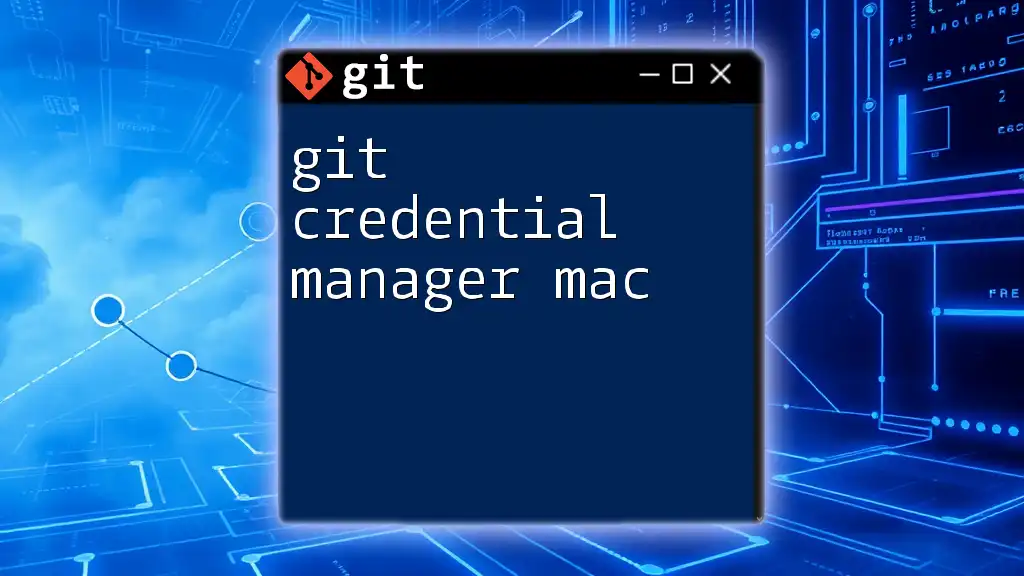
Best Practices for Using Git Credential Manager Core
Keep Your Git Installation Up to Date
Regularly keeping your Git installation up to date is a crucial best practice. Updates not only bring new features but also include critical security patches.
Utilize GCM Features
Leveraging the features of GCM Core enhances your security:
-
Encryption of Credentials: GCM Core encrypts stored credentials, ensuring that sensitive information is not stored in plaintext.
-
Multi-Factor Authentication (MFA): GCM supports MFA, adding an additional security layer to your Git operations, making unauthorized access significantly more difficult.
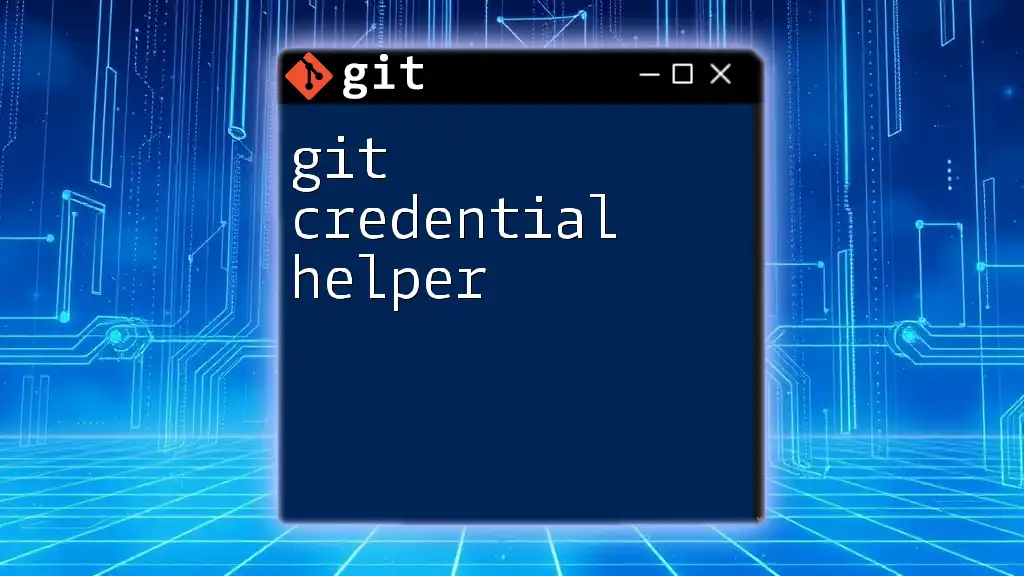
Additional Resources
To enhance your understanding and effectiveness with Git and GCM Core, refer to the following resources:
-
Official Documentation: Explore the Git and GCM documentation for comprehensive guidelines and updates.
-
Helpful Tutorials: Numerous tutorials exist online that can provide insights and best practices for Git operations and credential management.
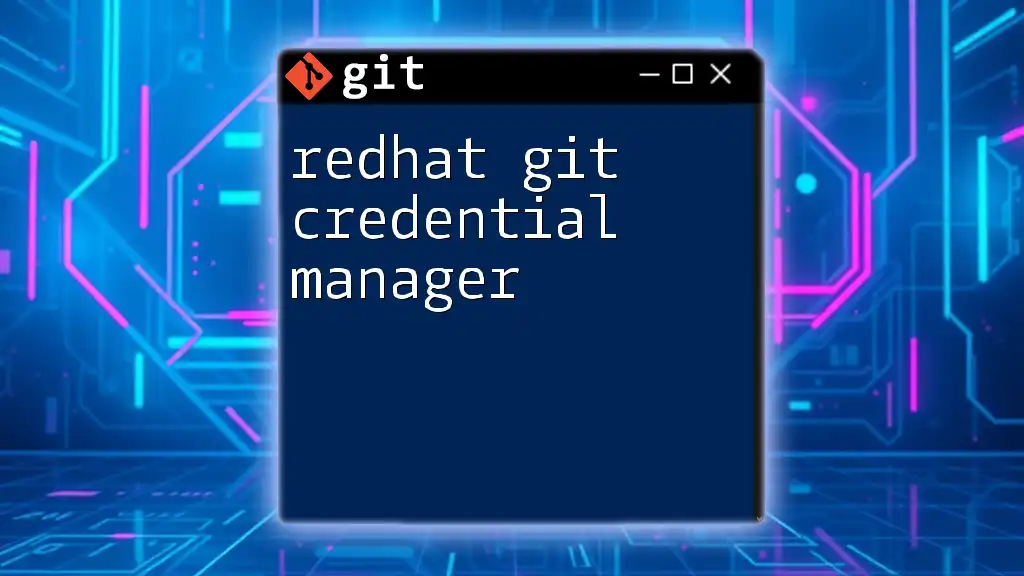
Conclusion
Resolving the error message "git: 'credential-manager-core' is not a git command. See 'git --help'.” generally involves verifying that Git Credential Manager Core is installed and properly configured. By understanding its purpose, learning how to troubleshoot common issues, and following best practices, you can streamline your Git experience and improve your workflow significantly.
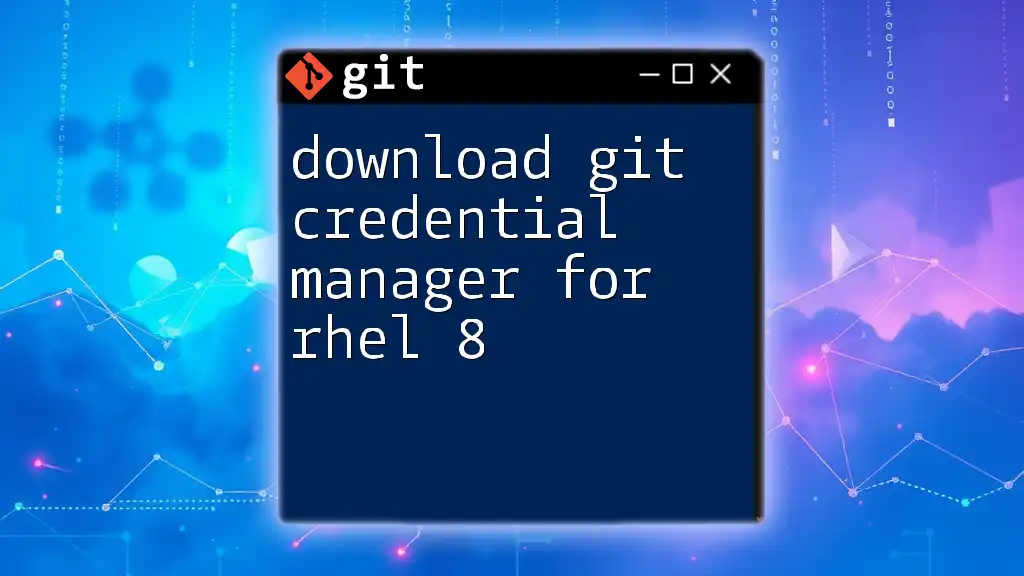
FAQs
What should I do if the error persists after installation?
If the error continues after confirming GCM Core is installed, revisit your Git configuration and ensure there are no conflicting settings.
Is it possible to use Git without Credential Manager?
Yes, but managing credentials manually (like through a `.git-credentials` file) can be less secure and more cumbersome.
What is the difference between GCM Core and its predecessor?
GCM Core is a more secure, cross-platform version compared to its predecessor. It integrates better with modern authentication mechanisms, making it the preferred choice for managing credentials in Git.

